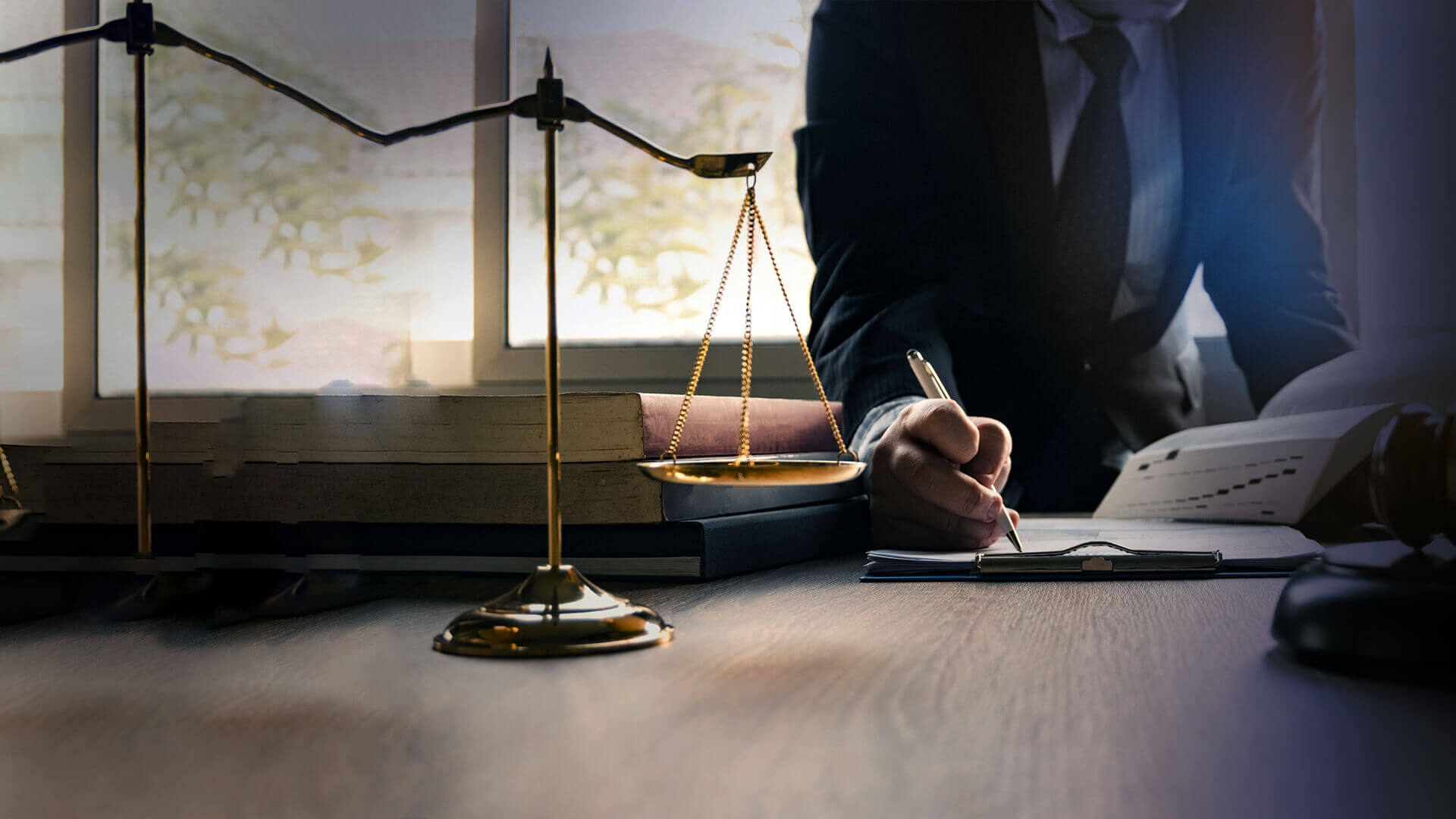Commercial litigation can be a complex and intimidating process for many individuals and businesses. Whether you are a plaintiff or a defendant, it is important to have a clear understanding of the steps involved in commercial litigation Gold Coast-wide. In this blog post, we will break down the process from start to finish, providing you with a comprehensive overview of what to expect.
What is commercial litigation?
Commercial litigation refers to the legal dispute between businesses or individuals related to commercial matters such as contracts, business torts, and other commercial issues. This type of litigation can involve a wide range of legal issues, including breach of contract, fraud, intellectual property disputes, and more.
Commercial litigation can be time-consuming and costly, so it is important to understand the process in order to navigate it effectively.
Pre-litigation Phase
Before a lawsuit is filed, parties involved in a commercial dispute may attempt to resolve the matter through negotiation, mediation, or arbitration. This pre-litigation phase is an opportunity for the parties to come to a resolution without the need for formal litigation. If these efforts are unsuccessful, the next step is to move forward with a formal lawsuit.

Filing the Lawsuit
The first step in the formal commercial litigation process in Gold Coast is filing a complaint with the appropriate court. The complaint outlines the plaintiff’s claims against the defendant, and the relief sought. Once the complaint is filed, the defendant has a certain amount of time to respond, typically days, depending on the jurisdiction.
Discovery
Once the lawsuit has been filed and the defendant has responded, the discovery phase begins. During this phase, both parties gather evidence and information related to the case. This may include depositions, requests for documents, and other forms of discovery. The discovery phase is crucial for building a strong case and understanding the strengths and weaknesses of the opposing party’s arguments.
Pre-trial Motions
Before the case goes to trial, either party may file pre-trial motions to address specific legal issues. These motions may seek to dismiss the case, exclude evidence, or address other legal matters. The court will rule on these motions, which can significantly impact the direction of the case.
Trial
If the case has not been resolved through settlement or alternative dispute resolution, it will proceed to trial. During the trial, each party presents their case to a judge or jury, and the evidence is examined. Witnesses may be called to testify, and legal arguments may be presented. The trial phase is the culmination of the litigation process and is the final opportunity for each party to make their case.
Post-trial Phase
After the trial has concluded, the court will issue a judgment. If either party is dissatisfied with the judgment, they may file an appeal. The court will review the case and determine whether any legal errors were made during the trial. If the court finds in favour of the appealing party, the case may be remanded for a new trial or other proceedings.
Conclusion
In conclusion, commercial litigation on the Gold Coast is a complex and multi-faceted process that requires a thorough understanding of the legal system. By familiarising yourself with the various stages of commercial litigation, you can better navigate the process and make informed decisions about your case.
Whether you are a plaintiff or a defendant, it is important to seek legal counsel to guide you through the complexities of commercial litigation and advocate on your behalf. Understanding the process from start to finish will empower you to make informed decisions and pursue a favourable outcome in your commercial litigation case.




